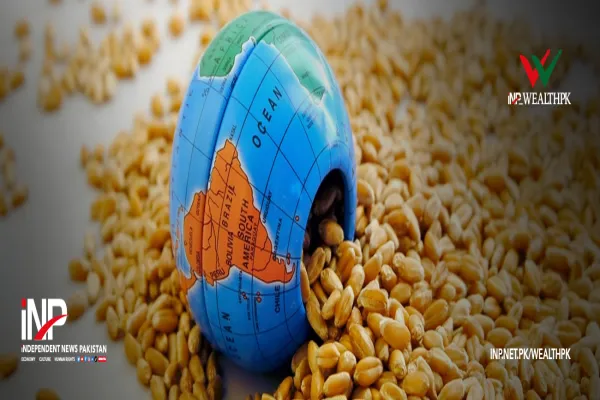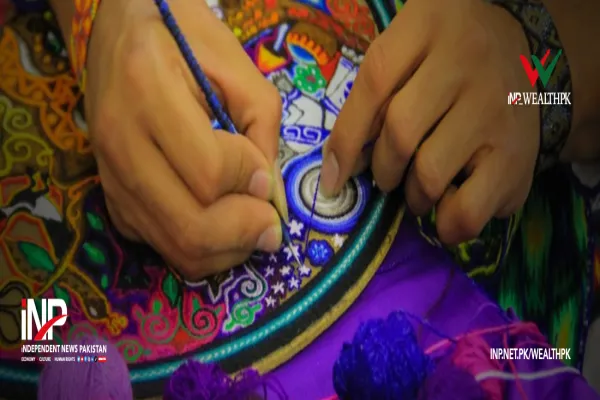i INP-WEALTHPK
Shaukat Korai
The Sindh government’s People's Information Technology Programme (PITP) could be made more effective if it is integrated with Artificial Intelligence (AI). Dr Murtaza Khuhro, a techno-economist and law practitioner, told Wealth Pakistan that the programme has notable gaps, particularly in emerging areas like generative AI and AI agents.
“In today’s era, the youth need AI skills to generate revenue. Platforms like Facebook, YouTube, Instagram, TikTok and NotebookLM are significant sources of revenue, yet they are not included in this programme,” Murtaza noted. “If our youth gain expertise in these social media tools, they can not only earn for themselves but also contribute significantly to the digital economy,” he further said.
"Content writing is an important skill, but it is not included in the syllabus, despite being in high demand by online businesses," he added. Murtaza said that video and image generation is essential for any content intended for platforms like Facebook, YouTube, Instagram, and TikTok, yet these skills are also not included in the programme.
“The focus on employability, entrepreneurship, and social inclusion through IT is commendable; however, the quality of the programme's syllabus should be enhanced to meet international standards,” he suggested. The initiative offers free courses and fully funded certifications from reputable universities to support the needy.
Regarding the digital economy, Dr Murtaza emphasised that web development, e-commerce, digital marketing & SEO, and social media management are crucial for the booming online landscape, where AI tools for content generation and personalisation are increasingly integrated. In addition, cybersecurity and ethical hacking remain vital in today’s environment.
He suggested that graphic designing and UI/UX design could be expanded to include AI-assisted tools like Adobe Sensei for automated design. In his view, the programme should place a stronger focus on artificial intelligence. Noor Hussain Samoon, Secretary Science & Information Technology Department, told Wealth Pakistan that PITP is to bridge the gap between our youth and the rapidly growing digital economy.
“It addresses two critical needs of our time: reducing unemployment and fostering technological advancement in Sindh,” he added. He said the Sindh government aims to enhance digital literacy and IT skills among the youth, particularly in underprivileged and remote areas, promoting economic growth and social inclusion.
Noor said the Science & IT Department has signed MOUs with three leading institutions such as NED University of Engineering & Technology, Karachi, Mehran University of Engineering & Technology, Jamshoro, and the Institute of Business Administration, Sukkur.“These partnerships leverage the universities' infrastructure and expertise to deliver high-quality training, empowering thousands of learners and driving socioeconomic development in the region.”
Credit: INP-WealthPk








